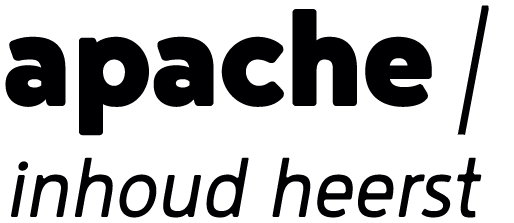Ground Control
Investigating land ownership in European capitals
European capitals are experiencing a housing crisis. More than one in ten city dwellers are struggling with “housing cost overburden”, meaning they have to spend more than 40 per cent of their disposable income on housing costs.
Underneath unaffordable housing lies a rarely discussed problem: Urban land trade. For not only rents and property prices are on the rise, but so are prices of building land. While property market representatives have been arguing for a long time that housing prices are rising because of rising building costs, recent studies claim that up to 80 per cent of the increase of house prices are determined by land prices. Hence, land price increase is something more fundamental – and it makes the construction of new affordable housing increasingly impossible.
To put it simply, developers are bidding for development land based on the yields they intend to gain, in competition with others. With land prices increasing one considers: does it pay off more to build offices, flats for sale, flats for rent or whatsoever? This can create an upward spiral of prices: More expensive building plots lead to the construction of more expensive luxurious flats, leading to even higher rents. And this in turn further increases the land value in the area. In many cities, the state has accelerated this trend, selling-off communal land in often in-transparent transactions and deals.
The price dynamic and the trading of urban land increasingly changes the very fabric of our cities, with housing being pushed further and further to the outskirts, the urban centers hollowed out by the construction of more offices, more shopping centers, more hotels and ever more luxurious apartments that get directly rented out on Airbnb.
In background interviews, the politicians told us, they see an urgent need to regulate land prices and land speculation. But not even European Union institutions have comparative data on land prices. Property developers tell us, that it just doesn’t make economical sense anymore for them to build housing in city centers.
This lack of transparency on the very simple question “Who owns the ground in our cities?”, makes it difficult for democratic societies to decide about the future development of our cities – and to find ways to deal with the housing crisis. It also makes it difficult to identify the companies buying land for speculation, to identify the politicians that were responsible for privatizing public land and the areas of land that are still owned by the city or the state – and that could offer ways out.
Strikingly, there has been no systematic journalistic investigation into urban land ownership. Academic research on the topic is equally scarce.
In this situation, what is the building potential of capital cities? Who owns the land that remains unused? And how much of valuable land the municipalities lost over time? Using data analysis, satellite imagery, on-the-ground-reporting and expert interview, the international investigation “Ground Control” tries to shed some light on this.
Initially, a team of investigative, local and data journalists organised within the Urban Journalism Network started investigating the dynamics of “ground control” in Paris, Brussels, Berlin, Prague, Warsaw and Budapest. Subsequently, the project has grown bigger and more cities have been added: Amsterdam, Rome, Tromsø, Gothenburg, Bratislava, Vienna. The publication is still ongoing.
The investigation has been shortlisted for Sigma awards, and awarded with European Publishing Award.
If you have comments or questions, or if you want to contribute data or to research “ground control” yourself, do get in touch.





















